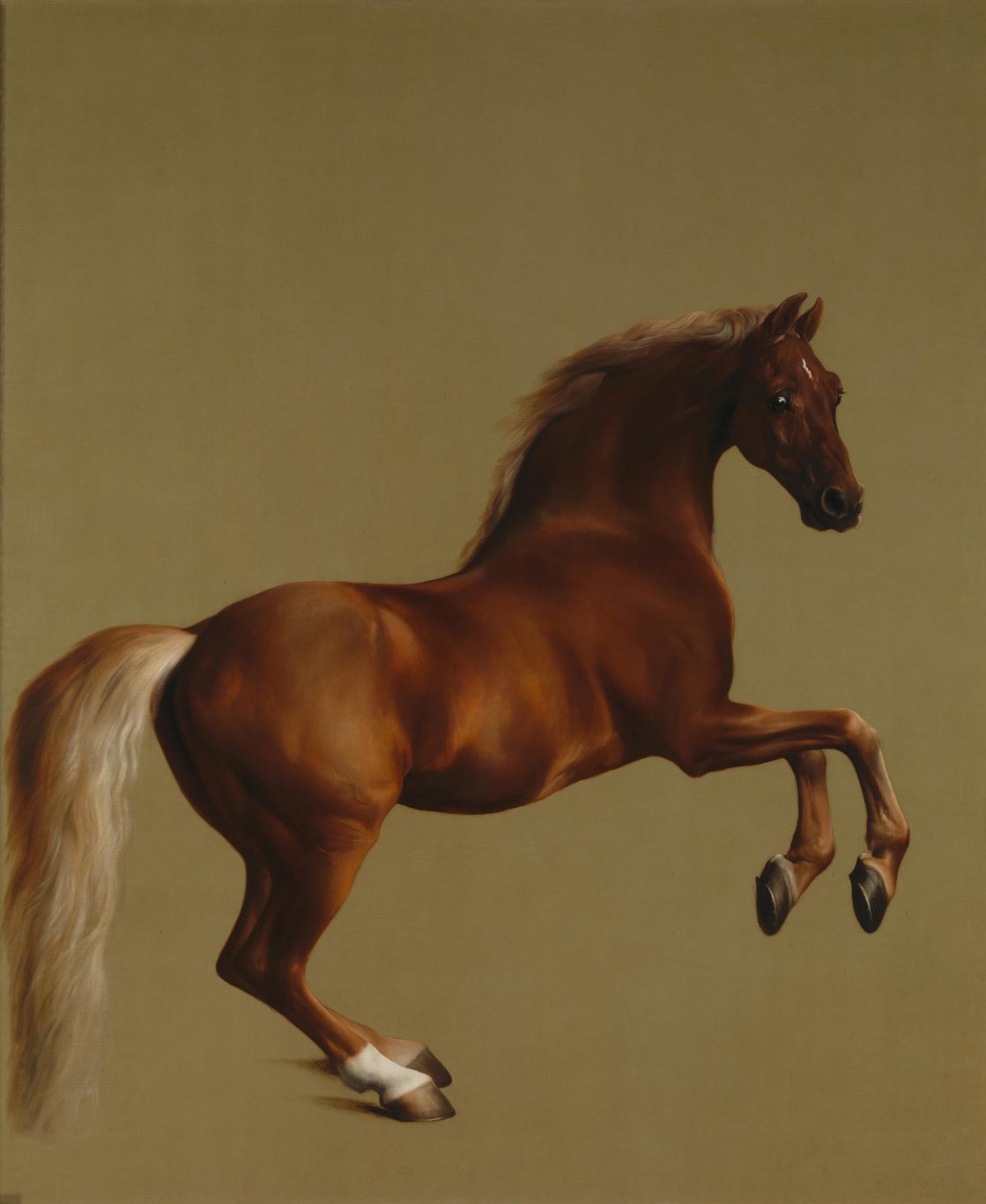Morning in the city and the performance
that is Madison Avenue wearing diamond
studs for breakfast, my eyelashes crop
open and I rise believing in almost every
god, I didn’t expect life to be kind to me
with my skin and second-hand pearls, at
school the other mothers’ lips are bud-like;
melon-pink on top of immaculate incisors,
if I fixate on the other mothers I see them
as retrospectively luminous, what happens
to the past after it loses its radiance? All
my life sacrificed to the arrogance of cities,
their empires of skin
Whittle of stilettos on the street, looming
towers gathering dollars as they rise, ring
tones vibrating and inaudible, the briefest-
glimpsed people are the most beautiful, when
the body is in pain it reorients itself; Death
takes us to third person but I don’t think I
can stop writing about snow in the moment
February and the sky was white
the streets were white and Barack
was paramount, what a fantastic
hour when she was born: keyholes
gushing, midwife thrusting needle
into skin, I remembered years ago
the quick slice of razors on wrists
what bliss, red aligning on the eaves
or beneath the skin. “May I eat
the candy necklace off my body?”
the child asks, miniature city of her
face the more Time presses the more
beautiful they become—lover
husband mistress child—I played
Goldberg Variations as she slept,
thinking of the geologic proportions
of Manhattan—limestone, marble, malachite
White cool of milk, whine
of street machines, Schubert
steepling in my ear. The photo
of the child, backpack sagging
on her way to school, this static
moment my monocular vision
of love, nostalgia blooming
before the moment is even
done click an instant swirling
into disorder click this discrete
parcel of time click the photo
itself implying a world surging
beyond its edges
The child’s face is parallel
to mine, too small still
to know the performance
that is Madison Avenue
wearing tennis whites for
breakfast, men with pocket
squares and bleached front
teeth, white gold bangles
on thin wrists, my wrist
is small and scarred, I spy
stretch marks, curving
staircases and white marble
parquet. “What exactly does
bi-racial mean?” the child asks,
black olive eyes peering up
at mine. That your father
is white your mother is not
and you have inherited a dark
church of brown hands
Daughter, years ago
I watched the slowness
of people on sidewalks,
grief cascading like a
giant azalea then later
in the yellow bathroom
your father bandaging
the pink blooms of my
wrists. I think of violins.
From my Manhattan bed
sirens yelp like pint-sized
dogs, the room is full of
noisy windows and every
so often I hear the Dominican
lady in the foyer singing
anywhere anywhere
It is just past eight thirty
in the city and I wanted
to write a poem about
currency but it turned out
to be about love, what I mean
is to live is to be rapacious:
thicket of string quartets,
the yellow cuts on my arm
that sting and sing the street
with its coffee-stained light.
This instant of sight binding
the world. Once, I loved
a woman, deciduous
Before the towers fell
I loved for a time, carried
love around like a pacemaker
sing singing the concrete river I
loved I loved the red thunder
of her mouth the demolitions
blasting every block I ever
lived, clavicle and scapulae
clavier of spinal cord, I was
carnivore for love and yet
I could not have loved
it was only touch to keep
from disappearing
I think of the veins
of arms, an exposure
of aspen leaves on skin,
the children on the grass
their voices rising. To keep
myself present I memorize
their figures on the field,
orientation of cheeks and
tiny feet, the day the towers fell
the sky was ultraviolet the light
blinded for an instant and then
fell into the sea, lace of branches
overhead masking the toxic
industry of dollars, daughter
the trees are infrared and without
fault tonight and every day I think
that we might die, I take you by
the hand and music pours down
the page, hear how the subway
trains slice through air? Pink
stripes on your socks, every
day you are so tall and I am
such a small mother

Born in Toronto to Filipino immigrants, J. Mae Barizo is a poet, essayist and performer. She is the author of two books of poetry, The Cumulus Effect (Four Way Books, 2015) and Tender Machines (Tupelo Press, forthcoming May 2023). She is also the recipient of fellowships and awards from Bennington College, Mellon Foundation, Critical Minded, Jerome Foundation and Poets House. Recent writing appears in Poetry, Ploughshares, Esquire, Los Angeles Review of Books, Paris Review Daily, Boston Review, BookForum, among others. She is on the board of Kundiman, an organization supporting writers and readers from the Asian diaspora. She is on the faculty of The New School and lives in New York City.




